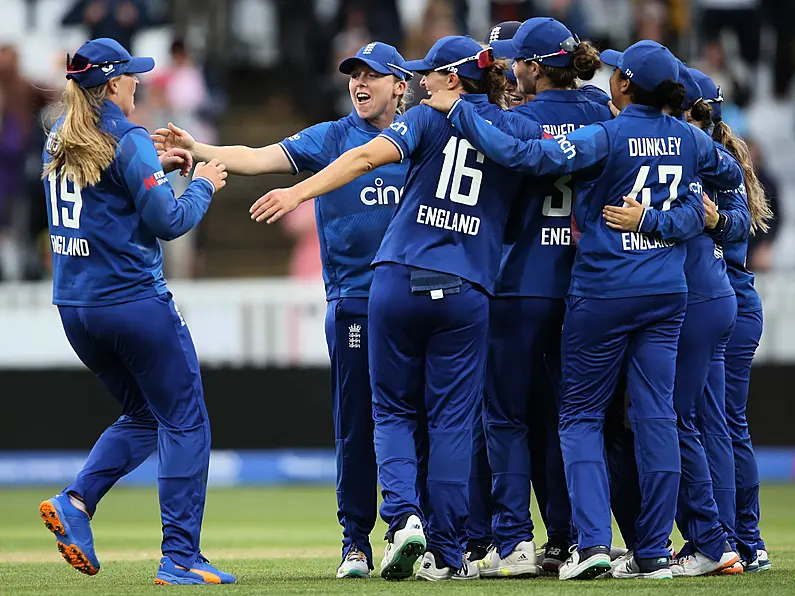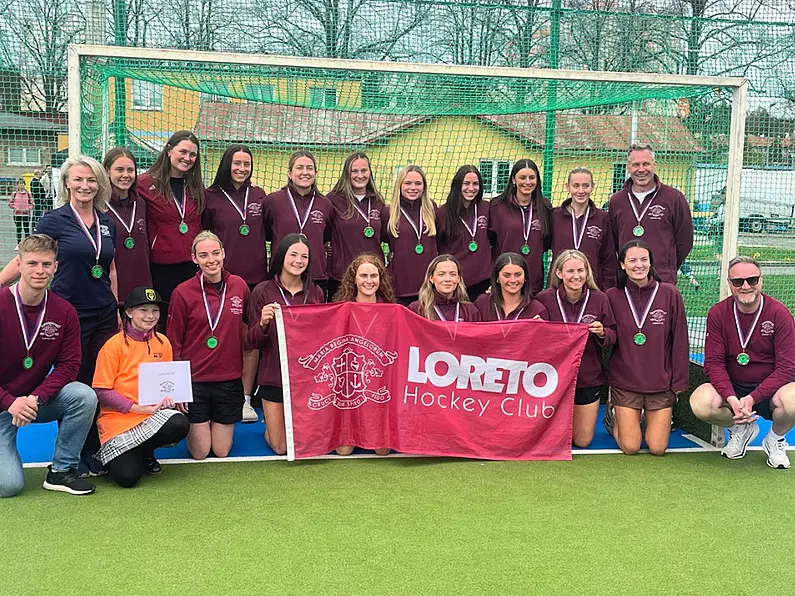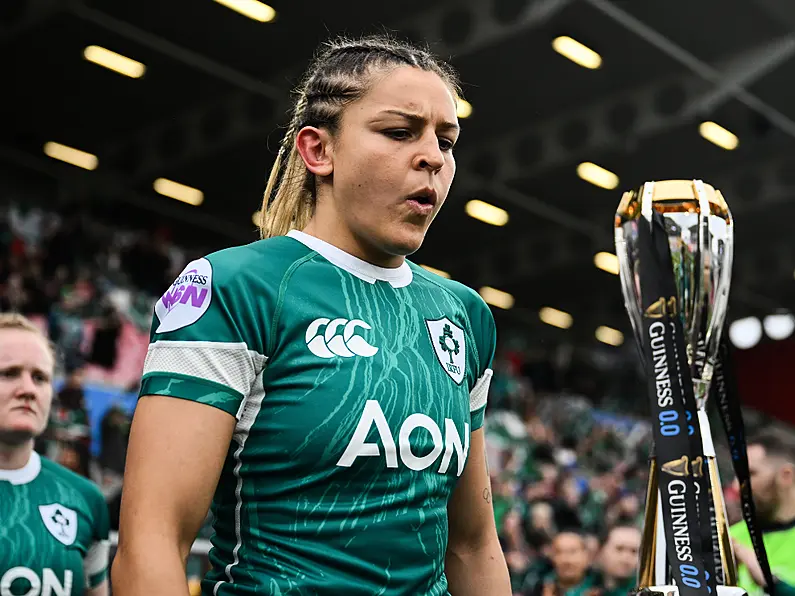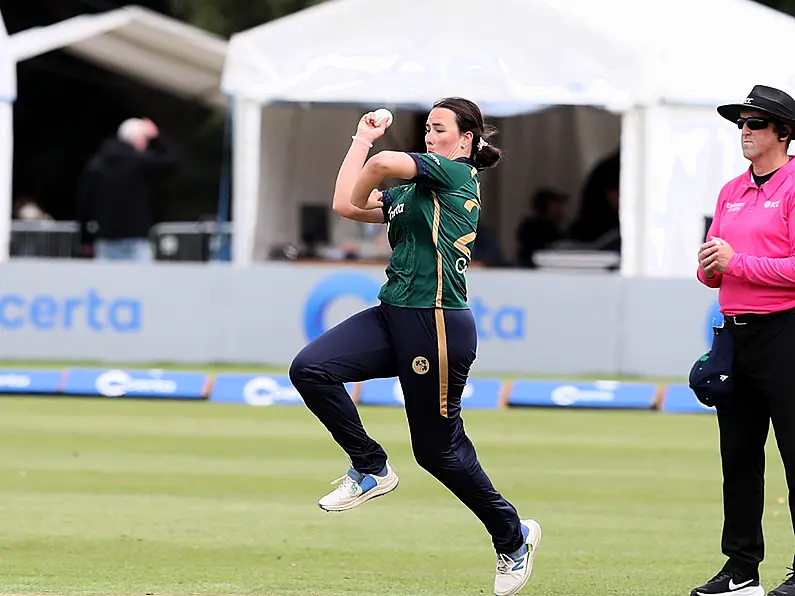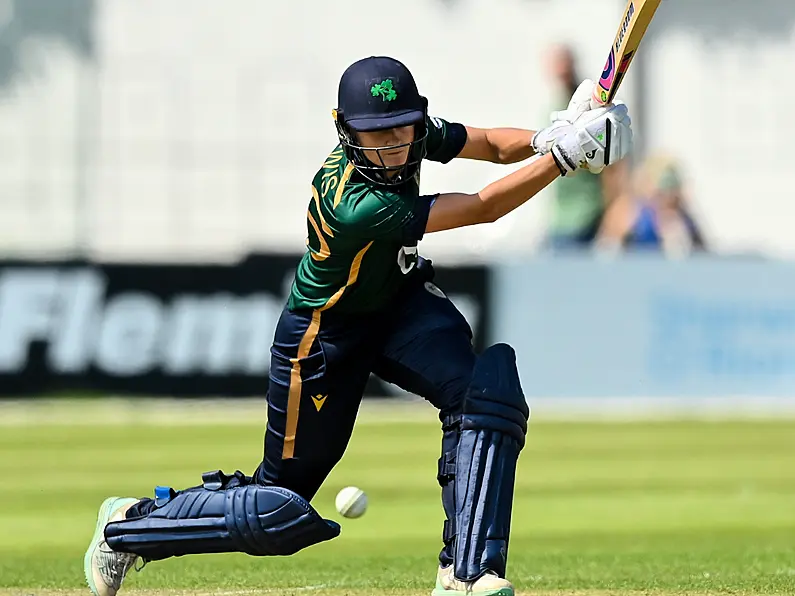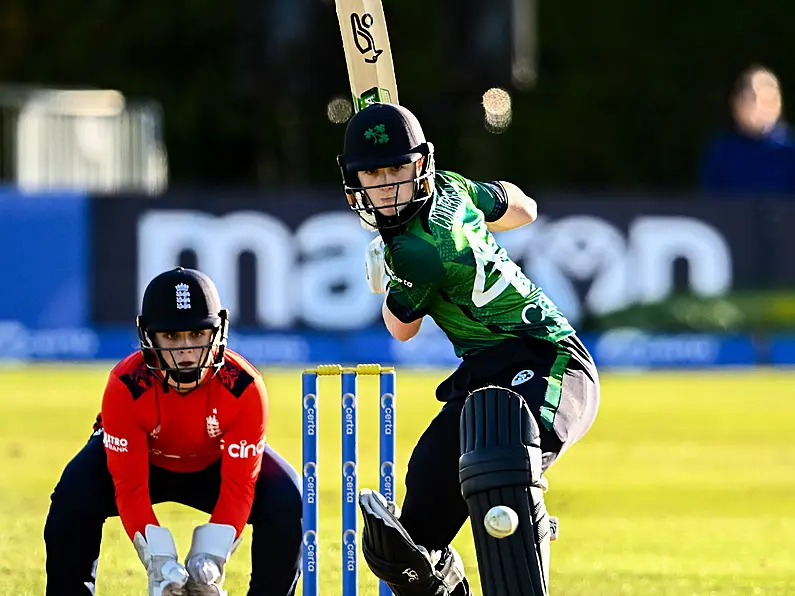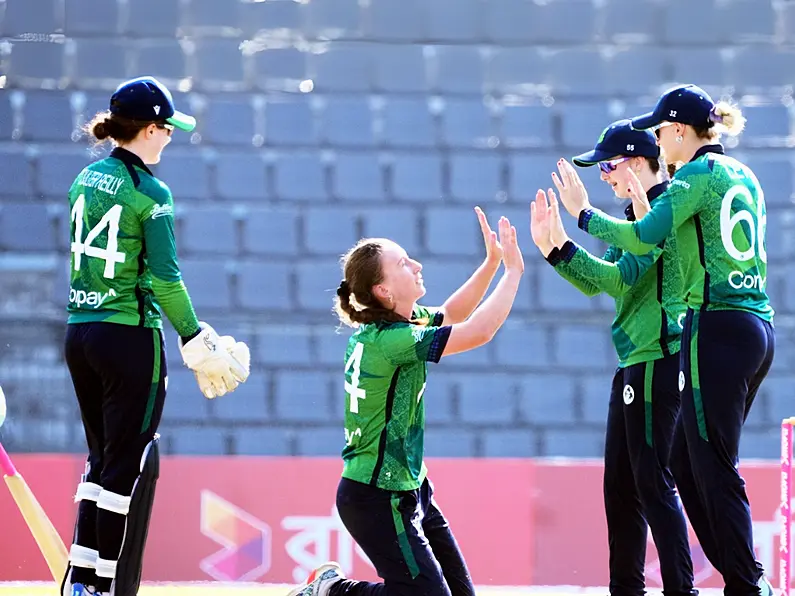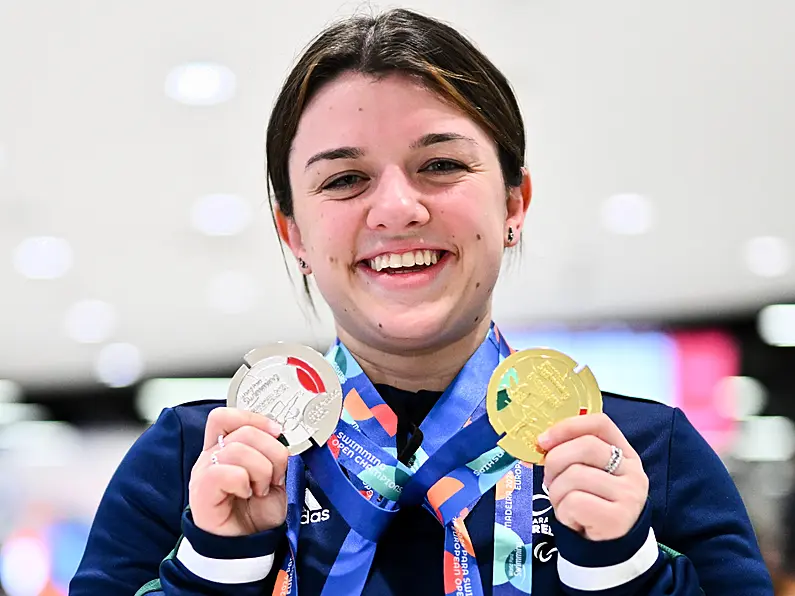In a groundbreaking shift towards gender equality in sports, the England and Wales Cricket Board (ECB) has announced that women's international cricket match fees will now match those of their male counterparts. Effective immediately, this move marks a significant step towards bridging the gender pay gap in cricket and empowers women athletes financially.
Women cricketers representing England will receive approximately £12,500 per Test match, £5,000 per one-day international, and £3,500 per T20 international, aligning their pay with male players. This initiative comes into play from the upcoming women's T20 against Sri Lanka at Hove.
GREAT NEWS:
Indian Women's cricket team will now be paid the same match fee as their male counterparts, confirms BCCI.
Test (INR 15 lakhs)
ODI (INR 6 lakhs)
T20I (INR 3 lakhs). #CricketTwitter #TeamIndia pic.twitter.com/f4PbkSyixI— Female Cricket (@imfemalecricket) October 27, 2022
This decision by the ECB stems from a series of recommendations put forward by the Independent Commission for Equity in Cricket earlier in the year. The commission's report highlighted the widespread discrimination present in cricket and urged immediate action to rectify these disparities. The ECB is not stopping at equal match fees. They are actively working on "Project Darwin," a bold initiative aiming to achieve equal pay in the Hundred by 2025 (currently, the top bracket for men is £125,000, and for women, it's £31,250) and extend this equality to all domestic cricket by 2028. While this move represents a significant stride towards equality, the central contract retainers for men remain substantially higher than those for women. Furthermore, the disparity in Test cricket matches remains significant, with men scheduled for 15 next year, compared to women's maximum of two.
The recent success of women's cricket in England has further fueled the ECB's decision to implement equal match fees. The women's Ashes, which witnessed the attendance of 110,000 fans, set new records for women's international cricket. England's move toward match-fee parity mirrors international trends, as India, New Zealand, and South Africa have also announced equal match fees for their respective women's teams. This decision comes at a time when women's cricket is gaining increasing popularity, and players like Nat Sciver-Brunt are earning substantial sums for participating in international leagues.
🔦SPORTS SPOTLIGHT🔦
One of the biggest stories from last week is the England Cricket’s new match fee policy 🌟
The policy means that England women’s match fees will be equalised with the men’s 🤩
So good!! #SmashTheBarriers pic.twitter.com/IwUTImIMs9— Girls Sports Club (@GirlsSp0rtsClub) September 5, 2023
England women's cricket captain Heather Knight expressed her delight at this historic change, highlighting the remarkable evolution of the sport since her career began in 2010. She sees this move as not only a personal milestone but also a crucial step forward for younger generations of female cricketers who will benefit from greater opportunities and financial rewards in the game.
The equalization of match fees sends a powerful message of progress in women's cricket; while challenges remain in closing the gender pay gap completely, this momentous step paves the way for a more equitable future in cricket.
